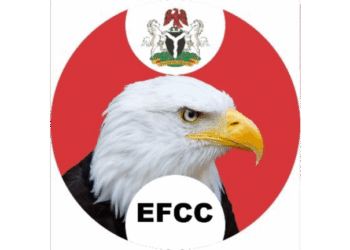ABUJA — Mining communities continue to experience a rise in out-of-school children due to their pursuit of quick cash through mineral exploration and other activities in the value chain.
N&G consulting firm Ltd, a specialist consultancy offering organisational development, leading change, organisational culture and coaching stated this in its report on an Overview of the Nigerian Mining Sector Gender Strategy.
The Project Manager of the firm, Mrs Ngozichi Okorie, said this in a chat with the News Agency of Nigeria (NAN) on Wednesday in Abuja
Okrie said that the situation was part of the impact of mining that women experience in Nigeria.
NAN reports that the firm was engaged by the Ministries of Solid Minerals Development and Steel Development to develop its gender strategy.
The study is part of the efforts to implement the Federal Government`s “Roadmap for the Growth and Development of the Nigerian Mining Industry” aimed at promoting gender equity and female participation.
The strategy was unveiled by the Minister of Solid Minerals Development, Dr Dele Alake, on Tuesday.
The report highlighted that child labour and out-of-school were some of the challenges confronting mining communities, and revealed that mining activities were particularly affecting women and children the most.
“Women experience disproportionately the impact of mining, increased burden on responsibilities, conflicts and rights abuse, health associated impact and gender-based violence.”
According to the report, in spite of the women being the most affected, they were often excluded from consultations during negotiations on mining-related issues, describing the discrimination as systemic.
It listed the issues to include community consent to develop a mining project, access to land, compensation, royalties and benefiting from community development agreement.
It noted that at the local level, lack of appropriate education, awareness, skills acquisition, and training was hindering the effective participation of women in the sector.
It recommended that for the smooth implementation of the gender strategy, adequate resources should be allocated for the training of the implementation team, establishing implementing initiatives, engaging stakeholders, and building partnerships. (NAN











